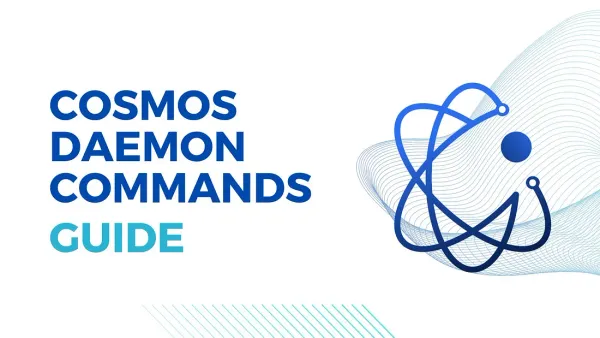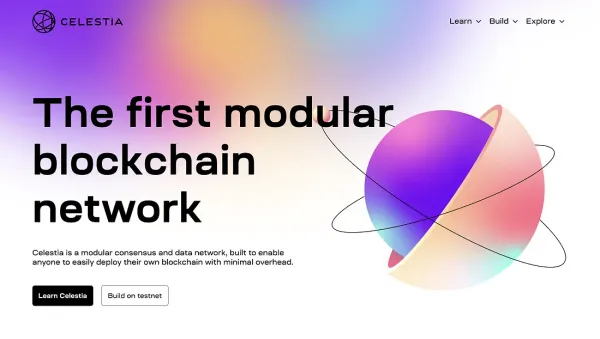The causes of Goerli ETH scarcity

The scarcity of Goerli testnet Ether (gETH) has become a pressing concern for the Ethereum community, and while the exact cause remains to be thoroughly investigated, three primary factors seem to be contributing to the issue:
- The recent Ethereum 2.0 proof-of-stake (PoS) merge has halted the mining of new gETH. Additionally, staked gETH tokens cannot be withdrawn, exacerbating the shortage.
- Ethereum has deprecated all older testnets (Ropsten, Rinkeby, Kiln), leaving Goerli as the only option for decentralized applications (dApps) seeking to conduct their testnet campaigns. This has led to an increased demand for gETH.
- Although a new testnet, Sepolia, has been created specifically for dApps, it is not yet widely adopted due to its limited ecosystem. Consequently, users may experience reduced functionality, potentially resulting in unsuccessful testnet campaigns.
Furthermore, developers hoarding Goerli testnet Ether have contributed to the widespread shortage of the coin. Efforts are being made to address this issue through protocol upgrades and other community-driven solutions.
Let dig deep into the detail of each issue!
PoS merge halted the mining of new gETH
In Ethereum’s Mainnet, the proof-of-work (PoW) consensus mechanism had an inflation rate of 3%, which equated to roughly 2 million ETH per year or 5,500 ETH per day. This amount may have been insufficient to meet the demands of decentralized applications (dApps) and validator testing across the Ethereum ecosystem.
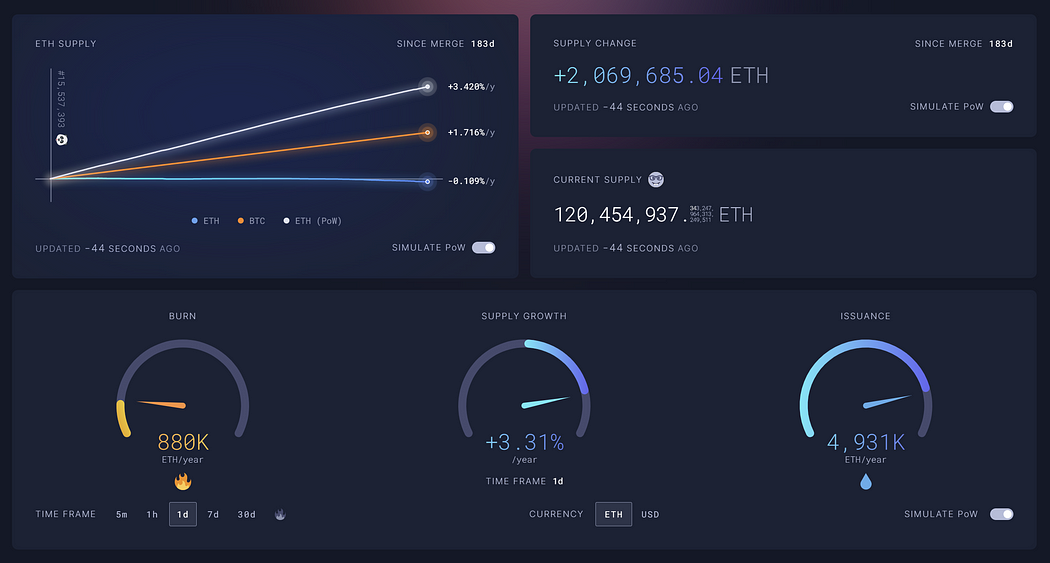
Following the merge to the proof-of-stake (PoS) consensus mechanism, Ethereum now boasts a negative inflation rate of -0.1%. This development has led to Ethereum being referred to as “ultrasound money,” indicating its deflationary nature. The Goerli testnet has similarly become “ultrasound money,” resulting in its scarcity.
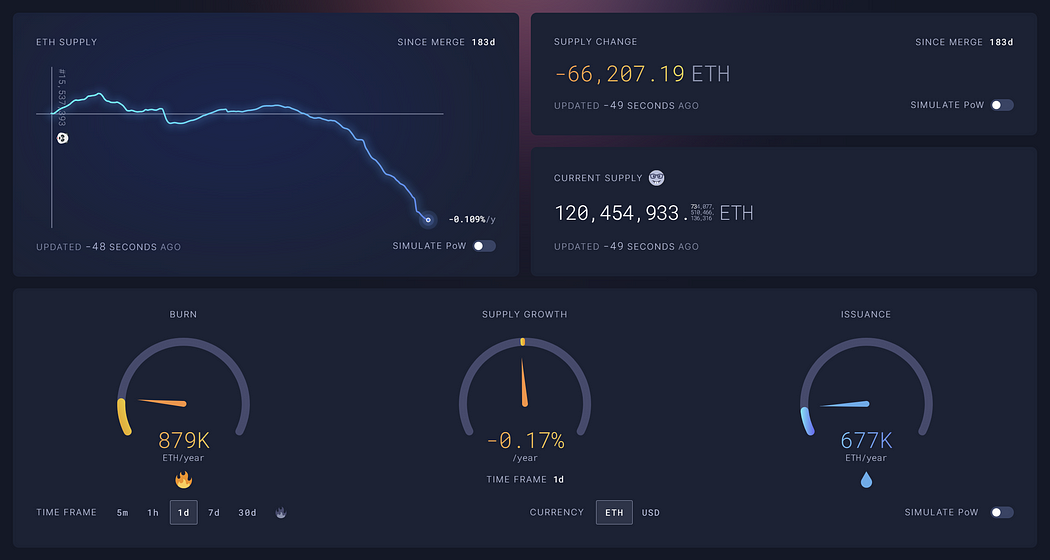
Moreover, the inability to withdraw staked Goerli testnet Ether (gETH) tokens has further intensified the shortage issue. The recent Shanghai merge has initiated the unlocking of staked gETH tokens, which is the hope for solving the scarcity problem and providing a more sustainable supply.
Deprecation of Ropsten, Rinkeby and Kiln
Prior to the deprecation of the Ropsten, Rinkeby, and Kiln testnets, decentralized application (dApp) development typically favored either Ropsten or Rinkeby over the Goerli testnet. This distribution functioned as a load-balancing system, spreading the demand across multiple chains.
Following the announcement of testnet deprecation, Goerli experienced a significant increase in the number of deployed contracts. With no other testnets available to balance the load, the concentration of users on a single testnet led to a spike in volume and subsequent scarcity of Goerli testnet Ether (gETH).

Limited ecosystem in the new Sepolia testnet
Uniswap serves as a crucial infrastructure component for the blockchain, as it enables the seamless swapping of one token for another. Its absence would prevent users from exchanging tokens, posing a significant challenge for testing on the Sepolia testnet. As of March 16, 2023, Uniswap has not yet been integrated into the Sepolia testnet.
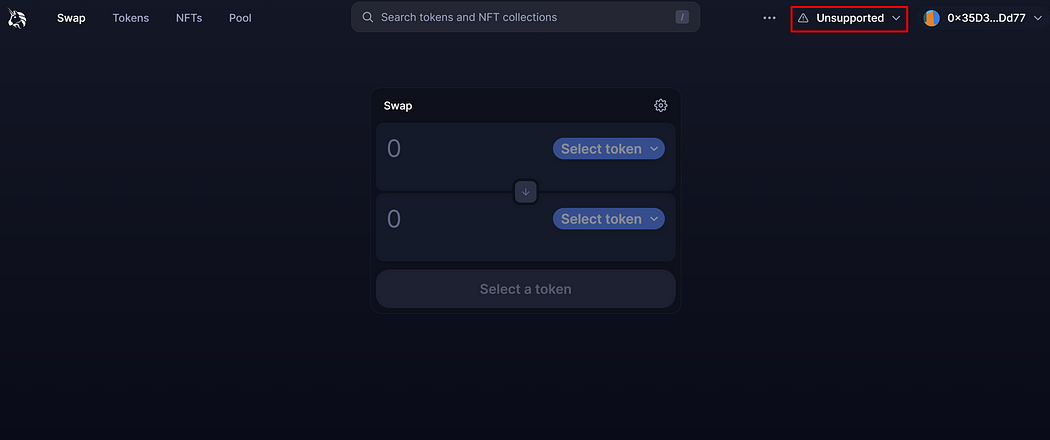
Additionally, the Ethereum 2.0 validator system cannot be tested on the Sepolia testnet, as it employs a different consensus mechanism compared to the Ethereum Mainnet. Sepolia utilizes a proof-of-authority testnet configuration, which is incompatible with the testing requirements for the Ethereum 2.0 validator system.
Summary
The Ethereum community is facing a shortage of Goerli testnet Ether (gETH) due to several factors: the recent Ethereum 2.0 proof-of-stake merge halting new gETH mining and preventing staked gETH withdrawal, the deprecation of all older testnets leaving Goerli as the sole option for dApps, and the limited adoption of the new Sepolia testnet causing reduced functionality. Additionally, developers hoarding gETH have exacerbated the scarcity. To address this issue, protocol upgrades and community-driven solutions are being implemented.



